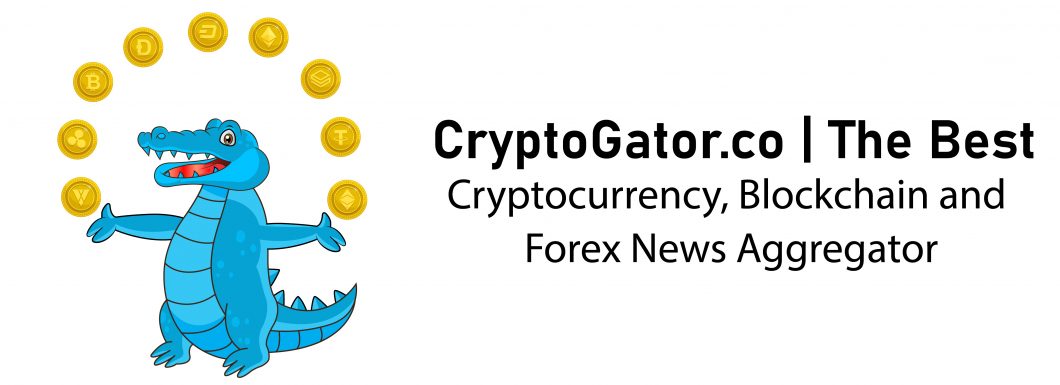<p>Stablecoin Interoperability: Challenges and Solutions</p><p>Stablecoins, a form of digital currency pegged to a stable asset such as the U.S. dollar, have the potential to revolutionize the financial ecosystem. As major banks and financial institutions begin to launch their stablecoins or tokenized deposit systems, the future of stablecoins is closely tied to interoperability.</p><p>However, due to the market’s competitive nature, there is unlikely to be interoperability between these different stablecoins. This lack of interoperability also extends to DeFi and bank-issued stablecoins, as banks aim to advance the tokenization of their products. In the long run, the same way solutions such as decentralized exchanges or cross-chain interoperability protocols serve DeFi the same may emerge to provide interoperability between stablecoins. As the market matures, large players may also be acquisitions of smaller stablecoin issuers, consolidating the market and making it easier for users to move between different stablecoins and platforms.
</p><p>
Overcoming Regulatory Hurdles</p><p>The emergence of stablecoins has the potential to significantly transform the financial landscape. However, there are currently significant challenges related to regulation that need to be addressed. Policymaking surrounding <a href=”https://www.financemagnates.com/tag/stablecoins/” target=”_blank” rel=”follow”>stablecoins</a> is often uncertain, which has led many major institutions to take a wait-and-see approach until regulators provide clear guidelines. It is important to note that strict regulation is not necessarily the answer to these challenges. Instead, what is needed is a comprehensive framework that addresses specific concerns and issues surrounding stablecoins. This will provide a sense of certainty and stability to the market, which, in turn, will attract more institutional players and investors. <a href=”https://www.financemagnates.com/tag/blockchain/” target=”_blank” rel=”follow”>Blockchain</a> technology can play a key role in this process by providing greater transparency and traceability, which can aid in regulatory compliance. By addressing these regulatory challenges and providing a clear framework for stablecoins, we can unlock their full potential and revolutionize the financial ecosystem.</p><p>Watch the recent FMLS22 session on “Forex and Crypto Trends 2023.”</p><p>Stablecoins Contradictions in the World of Cryptocurrency</p><p>The current stablecoin market goes against the foundational principles of <a href=”https://www.financemagnates.com/tag/cryptocurrencies/” target=”_blank” rel=”follow”>cryptocurrencies</a>. Most stablecoins lack clear obligations and collateral, which makes it necessary for the public to put their trust in the issuer as no infrastructure can be independently verified. This undercuts the fundamental tenet of <a href=”https://www.financemagnates.com/terms/c/cryptography/” class=”terms__main-term” id=”073a323f-9d43-4a04-9e28-2d93c5137fab” target=”_blank”>cryptography</a>, “Verify, Don’t Trust.” Additionally, most stablecoins suffer from severe centralization problems, with centralized exchange partners, custodians, and investment decisions. This violates another fundamental, which is decentralization. Stablecoin issuers also rely on their risk and compliance, and often those of exchanges, to issue their stablecoin. Many of them will have users onboard through their platform or their exchange platform, requiring issuance to their custody on their terms, which often come with lock-ups restricting withdrawals, undermining the principle of “not your keys, not your coins,” another core principle of crypto.</p><p>Ensuring Stability for Stablecoins</p><p>To ensure the stability of the market and protect the interests of investors, regulators need to provide clear guidance and oversight for the stablecoin market. It’s also important for stablecoin issuers to be transparent and accountable in their operations by providing clear information about the assets that back the stablecoin, the methods used to maintain its stability, and any risks associated with the stablecoin. They should also adhere to crypto principles, such as decentralization, transparency, and security. This will help to build trust in the stablecoin among users and investors. Only then can stablecoins truly revolutionize the financial ecosystem and provide the benefits of instant, low-cost transactions and increased transparency to users.</p><p>Bradley Allgood is the CEO & Co-Founder of Fluent Finance</p>
This article was written by Bradley Allgood at www.financemagnates.com.



